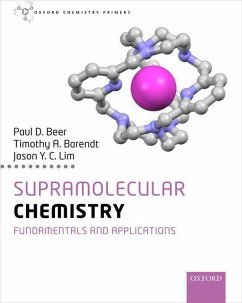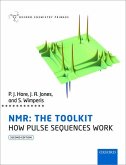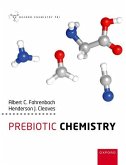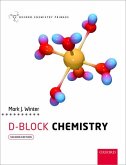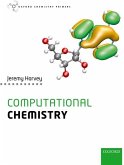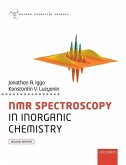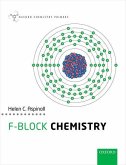Supramolecular Chemistry provides a concise and fully illustrated introduction to one of the fundamental areas of modern chemical research, the concepts of which are essential to understanding interactions between molecules.
Hinweis: Dieser Artikel kann nur an eine deutsche Lieferadresse ausgeliefert werden.
Hinweis: Dieser Artikel kann nur an eine deutsche Lieferadresse ausgeliefert werden.

